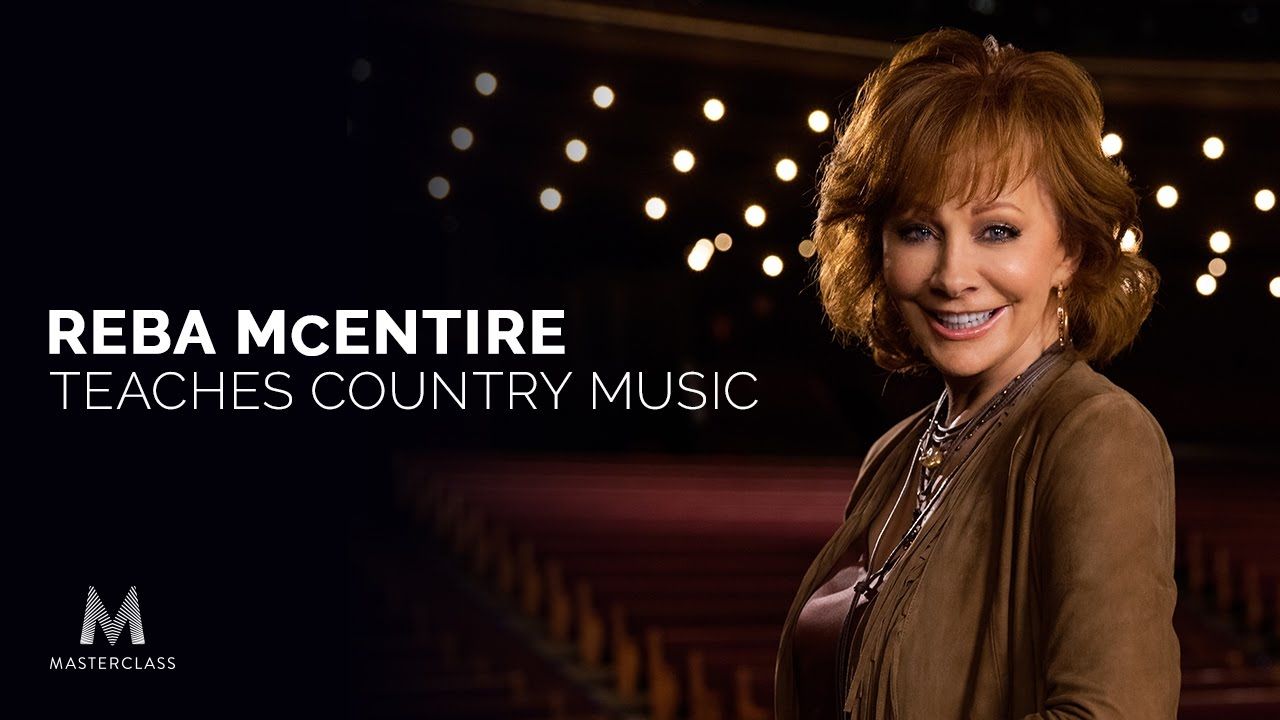
A Southern-Gothic torch held steady in a storm — “The Night the Lights Went Out in Georgia” lets Reba McEntire turn a famous murder ballad into a reckoning about justice, memory, and the hard mercy of telling the truth plain.
First, the anchors that keep the memory straight. Reba McEntire released “The Night the Lights Went Out in Georgia” as the third single from For My Broken Heart in April 1992, a 4:17 cut she co-produced with Tony Brown for MCA Nashville. On release it climbed to No. 12 on Billboard’s Hot Country Songs and reached No. 7 on Canada’s RPM Country chart—strong showings that placed a decades-old story back on fresh radio. The single’s B-side was “All Dressed Up (With Nowhere to Go),” another track from the album.
The song has older bones. Written by Bobby Russell and first recorded by Vicki Lawrence, the tale topped the Billboard Hot 100 in 1973, becoming one of the era’s most unlikely No. 1s—a tightly wound narrative sung by a TV variety-show regular that played like a paperback thriller in three minutes. McEntire’s 1992 hit is thus a cover in lineage but not in spirit; she inherits a classic, then performs it as living testimony.
Context deepens the color. For My Broken Heart (released October 1, 1991) was the first studio album McEntire made after the plane crash that killed members of her touring band and crew; she dedicated the record to them and has described it as a kind of public healing. That sorrowed steadiness—voice firm, emotions unflinching—shapes how this song lands on the album: not as a novelty crime yarn, but as a moral story about consequence, community, and what happens when institutions go wrong and families try to survive the fallout. The album would become one of her best-selling, a milestone of craft and fortitude.
McEntire’s version stays faithful to the plot while sharpening its edges. The unnamed little sister narrates the downfall of her Brother, who is hanged for a murder he didn’t commit, while the real killer—the sister herself—keeps her own counsel until the final turn. The chorus’s warning—“Don’t trust your soul to no backwoods Southern lawyer”—lands like a church-door notice: justice miscarried, proceed with care. What changes in McEntire’s hands is not the facts but the temperature; her phrasing is measured, conversational, almost judicial. She sings like a witness who has had years to decide what she will and won’t say.
The single’s music video (directed by Jack Cole) pushes that witness stance further. It names the brother Raymond Brody, gives faces to the wronged and the guilty, and expands the backstory until the town itself seems complicit—hinting even that the judge may have known the truth and buried it to protect his own secrets. McEntire appears as the sister in youth and in age, the older woman carrying the burden of what she did and didn’t confess. The visuals don’t contradict the song; they frame it like a case file, thick with the kinds of details people in small places never quite forget.
Musically, McEntire and Brown keep the arrangement unhurried and cinematic without letting it sprawl. Fiddle and keys give a humid glow; the rhythm section walks with the steadiness of a courthouse clock; guitars flare only where the narrative needs air. You can hear the singer’s authority in the way she rides the line breaks—how “the judge in the town’s got blood stains on his hands” arrives not as a shout but as a verdict. The restraint is the point: no melisma to cloud the timeline, no grand key change to sentimentalize the twist. This is a story sung like testimony, and the band behaves accordingly.
For older listeners, part of the song’s hold is how time speaks through it. Many of us first knew the tale from Vicki Lawrence—a pop single that felt like a radio drama; hearing Reba reclaim it in 1992 invites a different reading. On For My Broken Heart, the track sits among songs about loss, endurance, and ordinary bravery. The ballad’s famous twist becomes less a gotcha and more a meditation on who gets believed, who gets protected, and what a sister will do when the men around her fail her in sequence—husband, friend, sheriff, judge. McEntire’s adult gravity lets the lyric function as both narrative and diagnosis: a community that confuses gossip for truth will bury more than one body.
There’s a lineage of Southern Gothic in the writing—names like Candletop and Amos, the backwoods path, the big-bellied sheriff—but the feeling is universal: the knowledge that institutions can break and that love—misplaced or righteous—can push good people toward terrible choices. McEntire’s cover honors the song’s pulp pleasures while refusing to wink. She doesn’t prettify; she clarifies. When the last refrain fades, you’re left not with a courtroom shock, but with a woman’s long, level gaze and a town that will never quite be able to say what it knows.
If you keep a small ledger of facts with your memories, they sit cleanly together: written by Bobby Russell, made a No. 1 by Vicki Lawrence in 1973, revived by Reba McEntire in April 1992 as a single from For My Broken Heart, where it rose to No. 12 country in the U.S. and No. 7 in Canada; produced by Reba McEntire & Tony Brown; video directed by Jack Cole. The rest is why we still play it: a great singer standing in the doorway of a great story, turning on the porch light, and telling it so plainly you can almost hear the screen door creak.